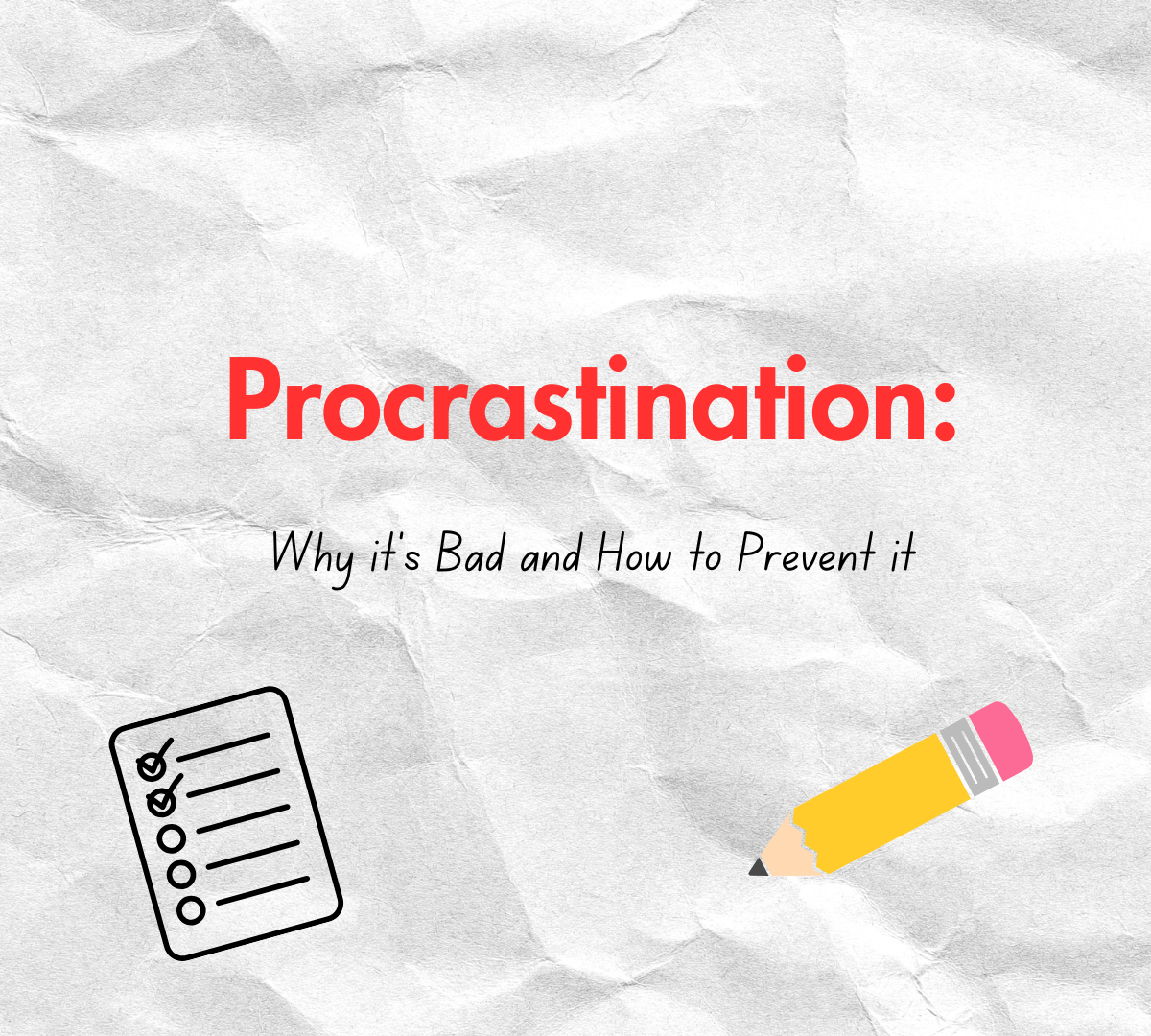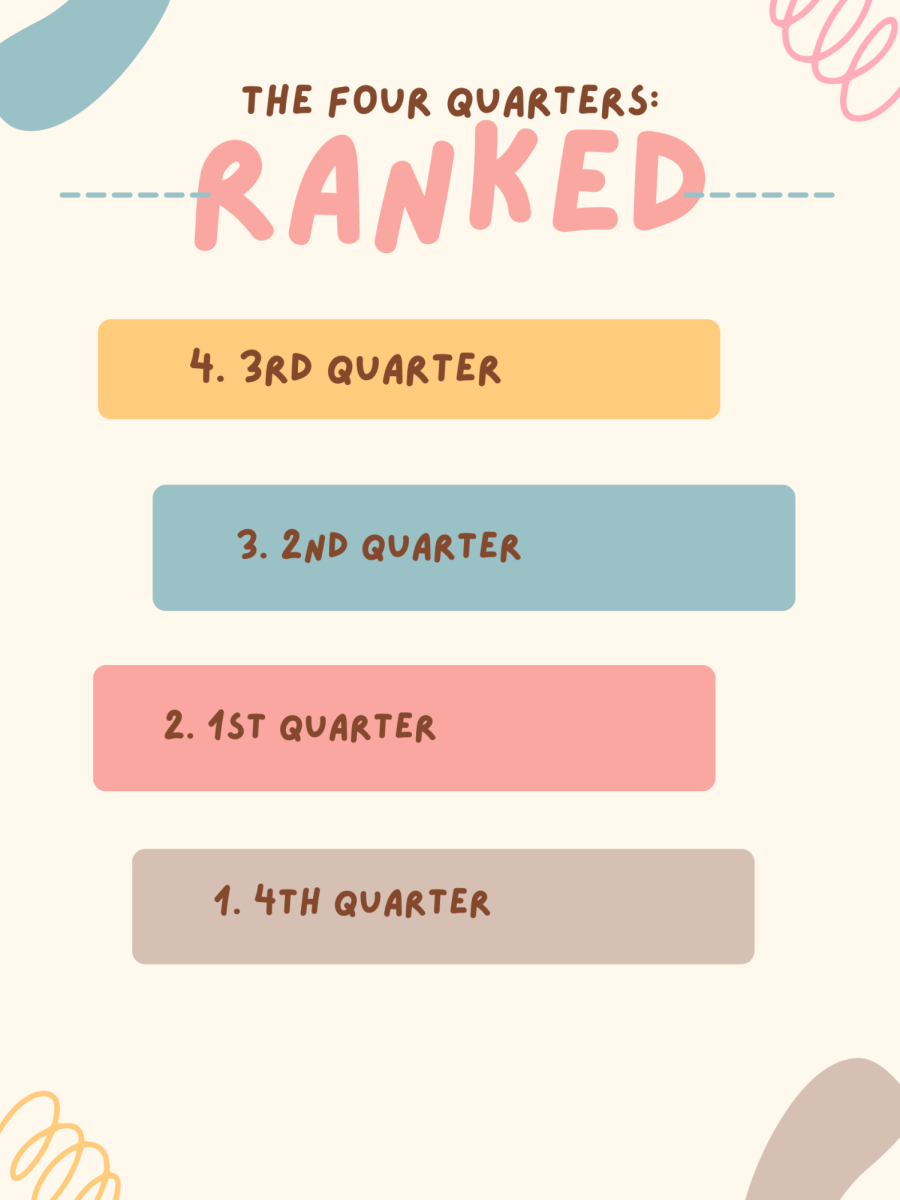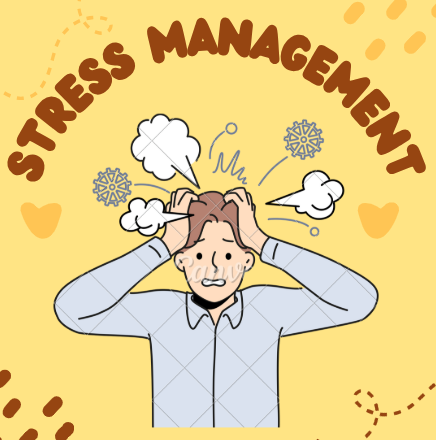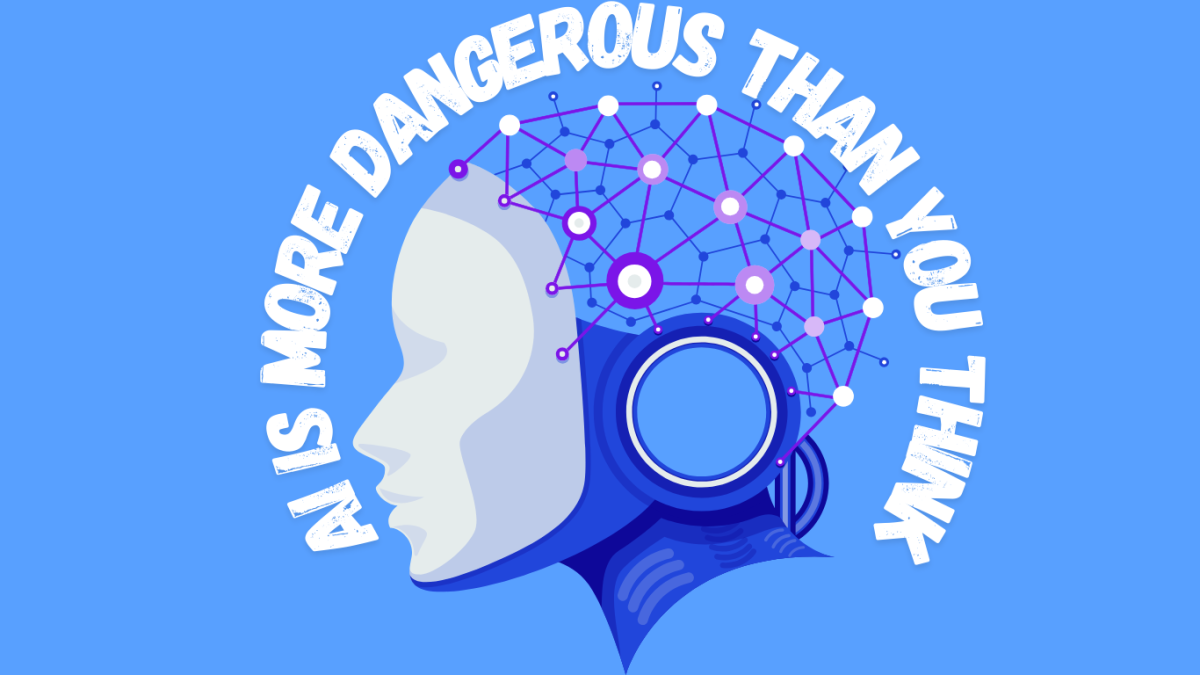Procrastination, the act of putting something off for later despite knowing the consequences, is something we all universally experience. Whether it’s homework, studying for a test, or pushing away any form of work, most people have procrastinated at some point in their life.
Though it is common, it’s difficult to realize how detrimental procrastination can actually be.
Procrastination negatively impacts productivity and success. Feeling unmotivated can lead to missed opportunities, which place setbacks in your future.
Not only does procrastination hinder success, but it can also affect mental health.
According to the National Institutes of Health, “Cross-sectional studies suggest that procrastination is associated with symptoms of depression, anxiety, and stress as well as loneliness and reduced life satisfaction. Procrastination is also associated with prevalent general physical health problems, cardiovascular disease, and unhealthy lifestyle behaviors.”
I have experienced some of these effects firsthand, as I feel dissatisfied with myself whenever I procrastinate. Stalling on assignments adds additional pressure. You are bound to feel more disappointed and overwhelmed when you are unproductive and don’t get work done.
Saving assignments for the last minute causes rushed assignments, which produce work of a lower quality that can bring down grades. Procrastinating over and over again can eventually lead to piled up assignments, and therefore, more stress.
Procrastination is mostly caused by laziness and lack of motivation. This is why it is important to develop discipline instead of relying solely on motivation. Motivation is not always going to be there, so setting reminders to get tasks done is imperative, even though it is hard.
There are many things that can be done to stop procrastinating.
Breaking down tasks into smaller steps can be extremely helpful. It allows you to take one thing at a time, so the work is less overwhelming.
I find making to-do lists very important when I feel unmotivated. They help me organize what I need to get done and make me want to get to work. I always love the feeling of satisfaction when I check tasks off my to-do lists.
Distractions can severely increase the likelihood for procrastination. Constantly getting notifications and texts can make it hard to focus on what needs to get done. I often find myself scrolling on my phone instead of working, so turning off notifications and setting distractions aside, although it is hard, can increase productivity.
The causes and effects of procrastinating are something everyone should be aware of. Procrastination is common, but it can be a dangerous thing. It is vital to avoid it as much as possible to increase productivity, discipline, and success.








